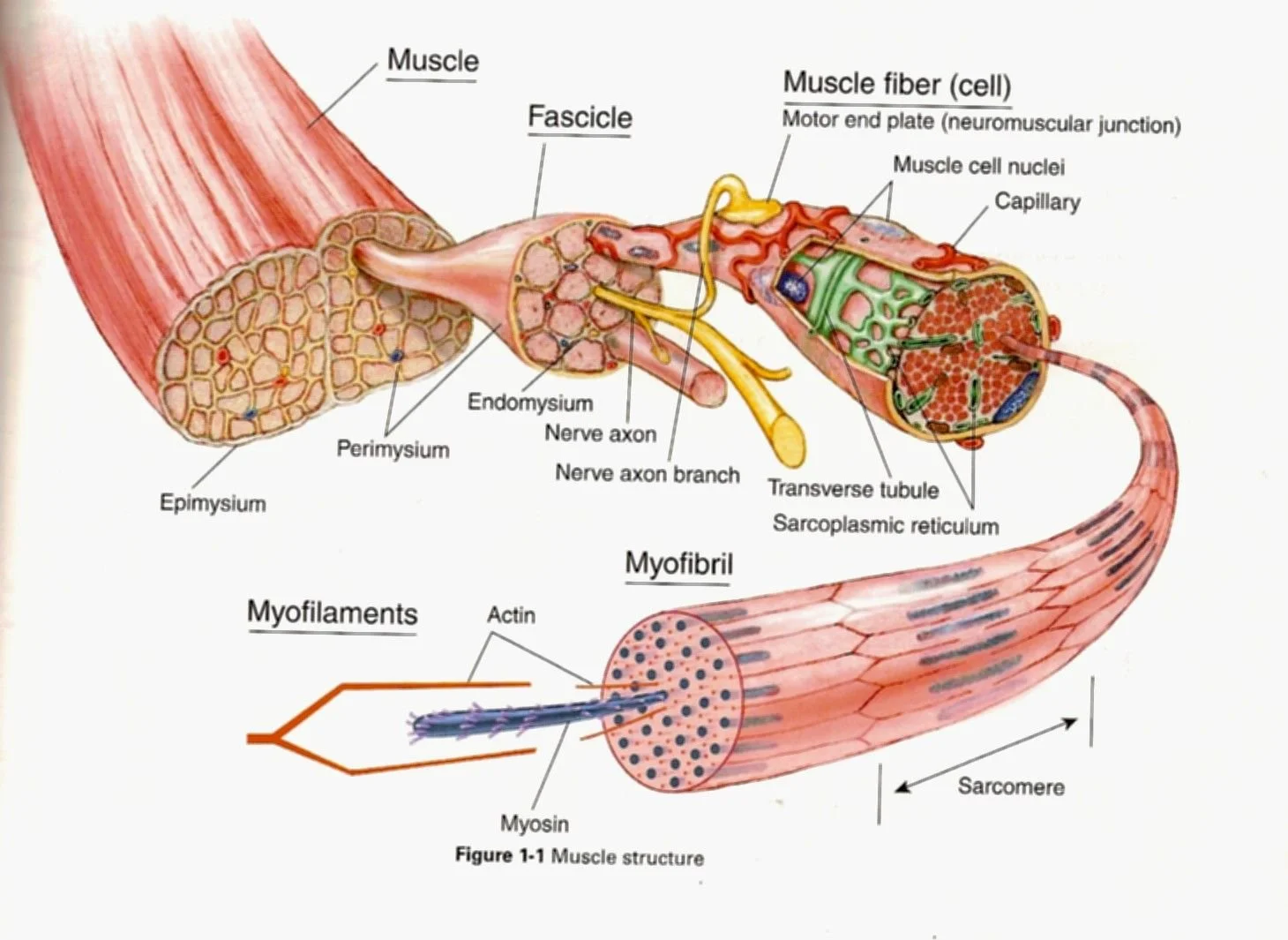
Effects of L Glutamine Supplement in Human Exercise and Muscle Training!
September 18, 2025
Share

Regular strength training gives you resistance to stress in skeletal muscles, commonly perceived as high-intensity anaerobic exercise. Our body’s adaptive response to high-intensity exercise mediates the post-acute phases of mitochondrial response, making the athlete’s training hit their peak power.
It improves your muscle strength and joint flexibility, and lowers your chance of injury and falls. Right after your heavy power lift, picking up a training for a century bike ride, or an endurance test on a grueling triathlon, you felt exhilarating and severe debilitating pain in muscles, called Delayed-onset muscle soreness (DOMS).
DOMS is the severe swelling, muscle tightness, or muscle tenderness that mostly appears in elite athletes as a result of a tear in muscle fibers after attending a new form of strenuous exercise, often peaks 1–2 days after lifting heavy, and lasts for 72 hours. And to add insult to injury after lifting heavy at the gym, tension-generating muscles overstretched in response to eccentric exercise lead to microtrauma (microtear formation within muscle fibres), which is characterized by damage to muscle fibers, tendons, or bones, resulting from repetitive motions or stress.
Your Muscles on Stress: A Controlled Waste!

In addition to alteration of intracellular Ca²⁺ homeostasis, which enables changes in structural elements of cell membranes and the ability of fluids to pass. The structural muscle damage and the wasting of muscle tissue, exercise-induced muscle damage, and breakdown of intracellular proteins cause myoglobin, lower the amount of creatine kinase in blood serum, and promote the release of lactate dehydrogenase (LDH), which means intercellular damage occurs, and develops acute local inflammation.
Does this sound very familiar? You trained for months, you ate a balanced and protein-rich diet, you did the Back squat, Bench press, and Deadlift. So why does your body feel so broken down and your immune system become weak after participating in endurance exercise?
One important amino acid out of 20 different amino acids, you’ve probably heard about: L-glutamine. Glutamine is the most abundant amino acid, found in blood plasma and skeletal muscle, which promotes the concentration of amino acid content within muscle tissue.
What is Glutamine, Anyway?

Glutamine is characterized as a nonessential amino acid. It is synthesized well by cells from CDs-gluc (glucose‐derived carbons) and metabolized in amino acid containing nitrogen. Think of it as your body’s jack-of-all-trades. It helps build protein, supports gut health, and, most importantly for our story, it’s the primary source of energy for your immune cells.
Your body can make its own glutamine, means it is commonly synthesized naturally in skeletal muscle, so it’s considered a “nonessential” amino acid. But it’s also “conditional.” That means under normal conditions, you make abundant. But during periods of intense biological stress—like, say, both lengthy and high-intensity exercise such as running 26.2 miles—your body’s depleted plasma glutamine concentration and demand for more glutamine levels. It needs more than it can produce, and it starts pulling it from wherever it can.
The Great L Glutamine Supplement Benefits: Short Sprints vs. The Long Grind!

Here’s where things get interesting. The type of exercise you do changes how your body handles glutamine.
- Short, Intense Workouts (The Sprinter): If you do a high-intensity interval training (HIIT) session or 20-30 min easy sprinting up a hill or pulling 20Kg extra on bench press sets, your body actually increases its glutamine production. You felt painful muscle contractions and tightening to help manage the byproducts of that intense effort. The workout is over before your body has time to get into a serious deficit.
- Prolonged, Endurance Exercise (The Marathoner): This is where the problem starts. During a long, steady-state effort in a structured workout such as a marathon or a long-distance cycle, your body depletes the source of energy, rhabdomyolysis happens, and you lose fluid, your body goes into survival mode.
- Fuel Crisis: Your primary fuel stores (muscle glycogen) run low, and boost ATP synthesis during high-intensity exercise. Your liver and kidneys get good amount to make muscle glycogen for energy (a process called gluconeogenesis). Their go-to source? L-Glutamine supplement. They start pulling it from your blood faster and supply it to the muscle tissues.
- Stress Hormones: Prolonged exercise spikes your cortisol levels in the bloodstream to near maximal levels. Increased cortisol is a stress hormone that means your body to break down tissue and need blood glucose. This process also drains your glutamine content.
- Immune System on High Alert: Your immune system, working hard to manage the inflammation from muscle damage, also starts consuming massive amounts of glutamine.
It’s a perfect storm. Your body is robbing Peter (your muscles and immune system) to pay Paul (your immediate energy needs). Studies show that after a marathon, an athlete’s plasma glutamine levels can plummet and stay low for hours, even days.
The Immunity Connection: Why You Get Sick?

In mammals, glutamine increases the number of cellular responses to stimuli like antigens or mitogens, both are responsible for strengthening the immune system and boosting the body’s ability to fight infection and build better immunological memory.
The theory proves the need for glutamine concentration for both ATP production and de novo nucleotide pathways in immune cells, which suggests that the decrease in plasma glutamine below ∼600 μmol/L worsens immune function.
Your immune cells—the lymphocytes that fight off viruses and bacteria—are dying. Without their primary glutamine levels, they can’t multiply or function effectively. Your body’s defenses are compromised.
This effect can be even more common as we get older. Scientists have a term for the low-grade, chronic inflammation that comes with aging: “inflammaging.” An older athlete already operates with a baseline level of inflammation. Add the acute stress and glutamine depletion from a long term, and it’s a setback that can make recovery much longer and often lead to falling sick.
Overtrained and Getting Pain in Muscles? The Truth About Glutamine and Your Recovery!

You’re pushing hard to make bigger muscles. You follow your training plan to the letter, hit your extra reps, and never miss a lag day. But something feels off. Your performance has remained static, you feel a deep exhaustion that sleep can’t fix, and you seem to get weaker even more.
You might be in the overtraining trap, a place where more effort leads to negative results. And a key player in the nitrogen cycle boost-up could be an amino acid called glutamine.
We’ve talked about how a single brutal session, such as a high intensity of exercise can crash your glutamine levels, but what happens when the stress never lets up? One study has observed that glutamine concentration levels remain high (575 μmol/L) at resting time and (734 μmol/L) during exercise at 100% of maximal aerobic capacity.
Let’s examine the connection between chronic training stress, your immune system, and whether a popular L glutamine muscle recovery supplement helps you out.
Our Body’s Glutamine Reserves:
On average, 80% of our body’s glutamine stores in skeletal muscles are used to function and repair.
- Short, Intense Workouts (like High-Intensity Interval Training or sprints): This is like a small, painless withdrawal. You might even get a quick recovery, as your body increases the amount of glutamine production to deal with the immediate stress.
- Long, Grueling Workouts (like a marathon): This is a massive effort, an unexpected loss of glutamine that drains very quickly. It takes time and an optimum supply of L glutamine muscle recovery supplement, and resting can build your muscle and prepare for the next bout at the gym.
Now, what happens with overtraining? Overtraining is like muscle pain and stiffness every single day without ever making a recovery. If you are not taking rest and skipping recovery, your body never gets the chance to replenish its glycogen and restore damaged tissues. Your glutamine is constantly drawn.
The Overtraining and Sickness Theory!
When scientists noticed that overtrained athletes often had chronically fatigued muscles due to low plasma glutamine concentration levels < 930 µmol/L compared to moderately trained athletes with sedentary individuals, they formed a simple and elegant idea called the “Glutamine Hypothesis.”
The theory is widely accepted in this:
- An athlete overtrains.
- Their resting glutamine levels plummet and progressively down-regulate de novo synthesis.
- Since immune cells use glutamine and turn it into glutamate for energy supply, a lack of it affects the immune system.
- This weakened immune system makes the athlete susceptible to every cold, flu, and upper respiratory tract infection (URTI) that comes their way.
It made perfect sense. For years, low glutamine was seen as the primary culprit for why chronically fatigued athletes were always sick.
A Plot Twist in the Research!
But science is all about testing ideas, and when researchers do some deep analysis, the results cause confusion. The direct, clear line between low glutamine and getting sick started to become unclear.
- Some studies found no relationship at all. They looked at groups of athletes and saw that those with the lowest glutamine levels didn’t necessarily get sick more often.
- One surprising study of swimmers found that the overtrained swimmers (with 23% lower glutamine) actually had fewer infections than the well-trained group.
So, what does this mean for us? It came out that low glutamine is more of a symptom of overtraining, not the single cause of getting sick. Think of it as an indicator that something significant is wrong—in this case, big hormonal disruption, body-wide inflammatory response, and intense fatigue. Consequently, decreased concentrations of intracellular glutamine can cause metabolic acidosis.
Should You Take Glutamine Supplements?
This brings us to the online nutritional supplement store. If your glutamine levels are low, shouldn’t you just take a L glutamine supplement to fix it? The answer is a classic “it’s YES.”
The Taking L Gutamine Muscle Recovery!
The logic is sound. If your body is in catabolic stress, taking L glutamine supplement could help. And some research supports this. One study, for instance, had people do the toughest leg workout. That group noticed that taking L glutamine supplements reported less muscle soreness and recovered their strength faster in the following days. So, that group is ready for the next bout in the gym. The idea is that taking L glutamine muscle recovery as post workout recovery supplements could help keep their intercellular muscle recovery faster and work as building blocks of muscle for quick repair.
So, where does that leave you, the athlete trying to break through a plateau and stay healthy?
Instead of searching for a single pill to solve the problem, it’s better to focus on the foundations. Think of low glutamine not as a deficiency to correct with a supplement, but as a valuable signal from your body that it needs a break.
So, where does that mean to you, the gym freaks trying to break their plateau and be ready for the next training sessions?
Taking L Glutaming muscle recovery as post workout recovery supplement helps your body recover faster. If you’ve low glutamine or a deficiency, you can correct it with L Glutamine supplement, which helps lower the effects of exercise-induced skeletal muscle damage after intensive training and increase the mucosal surface immunity.
